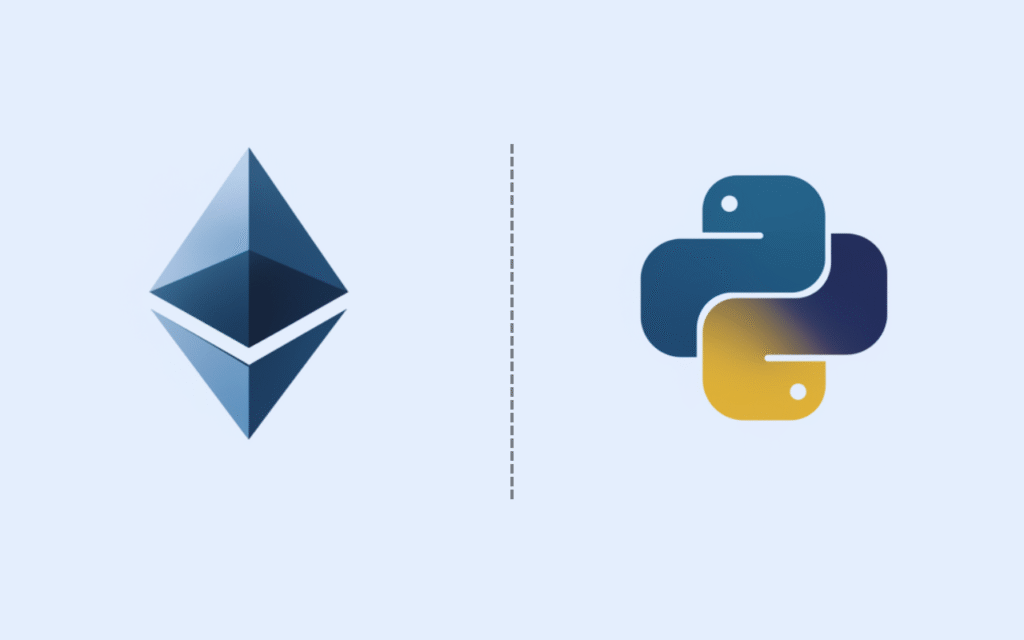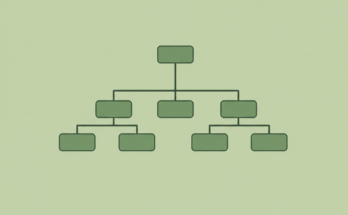Blockchain technology has taken the world by storm, revolutionizing industries from finance to healthcare and beyond. With its potential to provide secure, decentralized solutions, blockchain is here to stay and so is the demand for skilled developers who can build on this innovative technology. Whether you’re a seasoned programmer or just starting your coding journey, learning blockchain programming languages can open up exciting career opportunities.
But with so many programming languages out there, how do you choose the best ones for blockchain development? Don’t worry, we’ve got you covered! In this blog post, we’ll explore the top 5 blockchain programming languages that are worth your time and effort.

1. Solidity
If you’re serious about blockchain development, Solidity should be at the top of your list. As the most popular language for writing smart contracts on Ethereum, Solidity is a must learn for anyone looking to develop decentralized applications (dApps).
Why Learn Solidity?
- Ethereum Dominance: Ethereum is the leading blockchain for dApps, and Solidity is its native language.
- Smart Contracts: Solidity is specifically designed for creating smart contracts, which are self-executing contracts with predefined rules.
- Growing Ecosystem: With thousands of projects built on Ethereum, there’s a massive demand for Solidity developers.
Key Features:
- Statically typed, high-level programming language.
- Influenced by JavaScript, Python, and C++.
- Supports inheritance, libraries, and complex user-defined types.
If you want to work on DeFi platforms, NFTs, or any Ethereum-based projects, Solidity is non-negotiable.
2. Python
Python is a versatile and beginner-friendly language that has found its way into blockchain development. Known for its simplicity and readability, Python is an excellent choice for developers who want to get started with blockchain without a steep learning curve.
Why Learn Python?
- Ease of Use: Python’s straightforward syntax makes it ideal for beginners.
- Wide Applications: From building blockchain prototypes to creating dApps and analyzing data, Python can do it all.
- Rich Libraries: Python boasts libraries like Web3.py (for interacting with Ethereum) and Flask (for building web apps).
Key Features:
- Open-source and highly flexible.
- Extensive community support.
- Ideal for rapid development and testing.
Python is perfect for those who want to experiment with blockchain concepts while leveraging its vast ecosystem of tools and libraries.
3. Rust
Rust has been gaining traction in the blockchain space thanks to its focus on performance and security. Known for its memory safety and concurrency features, Rust is becoming a go to language for building robust blockchain systems.
Why Learn Rust?
- High Performance: Rust is designed for speed and efficiency, making it ideal for blockchain platforms that require fast transaction processing.
- Security: Its emphasis on memory safety helps prevent common bugs like null pointer exceptions and buffer overflows.
- Adoption by Major Projects: Rust is the primary language for Solana, one of the fastest-growing blockchains.
Key Features:
- Low-level control without compromising safety.
- Excellent for building scalable and high-performance blockchains.
- Strong community support and growing adoption.
If you’re interested in working on next-generation blockchains like Solana or Polkadot, Rust is a fantastic choice.
4. Go (Golang)
Go, often referred to as Golang, is another powerful language making waves in blockchain development. Created by Google, Go is known for its simplicity, speed, and scalability. Qualities that are essential for blockchain applications.
Why Learn Go?
- Efficiency: Go’s lightweight concurrency model makes it ideal for handling multiple transactions simultaneously.
- Blockchain Frameworks: Go is the backbone of Hyperledger Fabric, a popular open-source blockchain framework used in enterprise solutions.
- Ease of Deployment: Go’s simplicity ensures faster development cycles and easier deployment.
Key Features:
- Compiled language with fast execution.
- Built-in support for concurrency via goroutines.
- Strong performance and scalability.
Go is an excellent choice if you’re interested in enterprise blockchain solutions or private blockchain networks.
5. JavaScript
JavaScript might not be the first language that comes to mind when you think of blockchain development, but it plays a crucial role in creating user-friendly interfaces for dApps. As one of the most widely used programming languages in the world, JavaScript is indispensable for front-end blockchain development.
Why Learn JavaScript?
- Accessibility: JavaScript is easy to learn and widely used across web development.
- Web3.js Library: This library allows developers to interact with Ethereum smart contracts directly from their web applications.
- Full-Stack Potential: Combine JavaScript with frameworks like Node.js to build full-stack dApps.
Key Features:
- Asynchronous programming capabilities.
- Extensive ecosystem of frameworks and tools.
- Ideal for creating interactive user interfaces.
If you’re passionate about making blockchain applications more accessible to end-users, JavaScript should be part of your skill set.
Honorable Mentions
While the five languages above are among the most popular in blockchain development, there are other notable contenders worth exploring:
- C++: Known for its performance and efficiency, C++ was used to create Bitcoin’s core codebase.
- Java: A versatile language used in platforms like Corda and NEM.
- Vyper: A Python like language designed for Ethereum smart contracts, offering better security features than Solidity.
Conclusion
Blockchain technology is evolving rapidly, and learning the right programming languages can set you up for success in this exciting field. Whether you’re drawn to Ethereum’s Solidity, Rust’s high performance, or Python’s simplicity, there’s a language out there that aligns with your interests and career goals.
Remember, the best way to master any programming language is through hands-on practice. Start small by building simple projects or contributing to open-source blockchain initiatives. With dedication and curiosity, you’ll be well on your way to becoming a skilled blockchain developer.


![[Blockchain Beyond Cryptocurrency] The Untapped Potential Across Industries](https://mineatech.com/wp-content/uploads/2025/08/blockchain-beyond-cryptocurrency-the-untapped-potential-across-industries-348x215.png)
![What Is a Blockchain Consensus Algorithm? [Explained Simply]](https://mineatech.com/wp-content/uploads/2025/08/what-is-a-blockchain-consensus-algorithm-explained-simply-348x215.png)